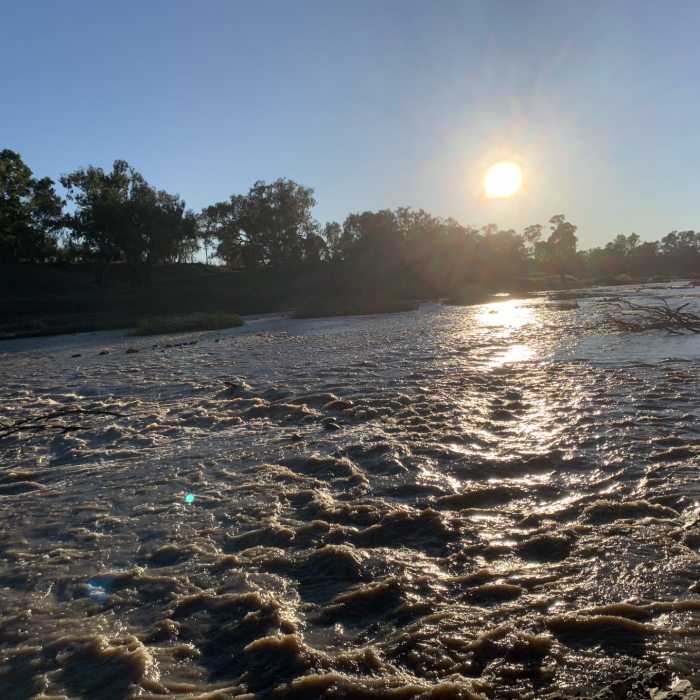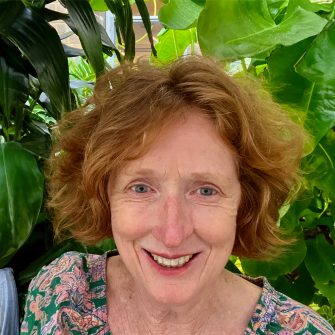Indigenous Land and Justice Research Group

Our strengths



What we do
The Indigenous Land and Justice Research Group (ILJ) aims to contribute to the realisation of a more just future and material benefits for Indigenous peoples. We advance this cause through two broad research areas:
Our work in the field of Aboriginal history not only foregrounds Indigenous perspectives but also seeks to understand how Australian governments have responded to the evolving aspirations of Aboriginal and Torres Strait Islander peoples.
Our work on Indigenous land justice has focussed on how Aboriginal landholders can participate and lead climate change adaptation and mitigation in Australia. Climate change presents new risks of dispossession for Aboriginal communities experienced as food, water and energy insecurity, damaged landscapes and cultural heritage and inability to remain on country. Our research undertaken with and for Indigenous landholders, has focused on supporting Local Aboriginal Land Councils to play a leading role in lead clean energy transformation and generate prosperity through sustainable enterprises and care for country.
Our work in history
We research the past to inform contemporary debates about the rights and interests of Indigenous people in Australian political life, society and institutions. We are interested in the historical experience of Aboriginal people, and our work is deeply embedded in Aboriginal worlds. We are also interested in Aboriginal enduring Aboriginal presence on the continent. Our research has also examined how non-Indigenous Australians, in particular Australian governments, have contended with the enduring presence of Aboriginal people of this continent. Our research has included:
- A history of the NSW Aboriginal Land Rights Act (1983)
- Truth-telling about the past in public life
- Aboriginal engagement with Australian capitalism
- Approaches to Aboriginal Affairs policy and administration from 1980-present
- The experiences of Aboriginal mothers who lost their children through state child removal policies
- The campaign for the return of Indigenous ancestral remains
- History of the NSW Aboriginal rugby league knockout
- Analysis of media coverage of Aboriginal political aspirations over a 45-year period
Our work in Indigenous Land Justice
Climate change presents new risks of dispossession for Aboriginal communities experienced as food, water and energy insecurity, damaged landscapes and cultural heritage and inability to remain in the country. Our research has focused on supporting Aboriginal Land Councils in NSW to play a leading role in lead clean energy transformation and generate prosperity through sustainable enterprises and care for country. We investigate how Indigenous communities are responding to climate change through adaptation and mitigation, and the emerging opportunities and risks for Indigenous land holders as the Australian government pursues bold plans for energy transformation and emissions reduction.
We have contributed to the formulation of the Commonwealth Government’s First Nations Clean Energy Strategy (2024-2030), the First Nations Guidelines in the New South Wales Renewable Energy Zones, and have recommended market reforms that place an onus on the energy industry to deliver benefits to Aboriginal communities, including the Commonwealth Capacity Investment Scheme and AEMO Services’ Social Licence Merit Criteria. We have produced research to inform advocacy of Aboriginal peak bodies, such as the First Nations Clean Energy Network and the NSW Aboriginal Land Council to ensure that, Indigenous human rights, intrinsic rights and ambitions for justice are respected in systems transformation.
How we do it
We work in partnership with Indigenous people. We work with leading Indigenous institutions, Local Aboriginal Land Councils, Aboriginal peak bodies such as the NSW Aboriginal Land Council and the First Nations Clean Energy Network, and community organisations.
We foster emerging Indigenous scholarship, build the capacity of non-Indigenous staff and students to work in genuine partnership with Indigenous communities, and create opportunities for collaboration. We also incorporate Indigenous content, knowledges and methodologies into our research in line with our aims to foreground Indigenous perspectives and aspirations for the future.
In addressing our research questions and the complex challenges identified by Indigenous communities, we deploy a range of disciplinary methods including ethnography, fieldwork, oral history, archival research, and media and discourse analysis.
-
- Aboriginal history
- Governing Self-Determination
- Knockout
- Torres Strait Islanders and Turtle Shell Masks
- Stolen Motherhood
- Truth-telling about the past
- Land as a framework for the past
- Indigenous Land and Climate Justice
- Benefits of Aboriginal land rights
- Living on Country
- Comparative Land Rights & Energy Policy
-
We are a group of leading Indigenous and non-Indigenous ally scholars whose work in the fields of Indigenous studies, history, policy and governance, environment and society, human rights, museum and cultural heritage studies, and media studies has been recognised for its scholarly and real-world impact. As a group we are committed to producing critical scholarship of a high standard and supporting community-led research.
Our members






